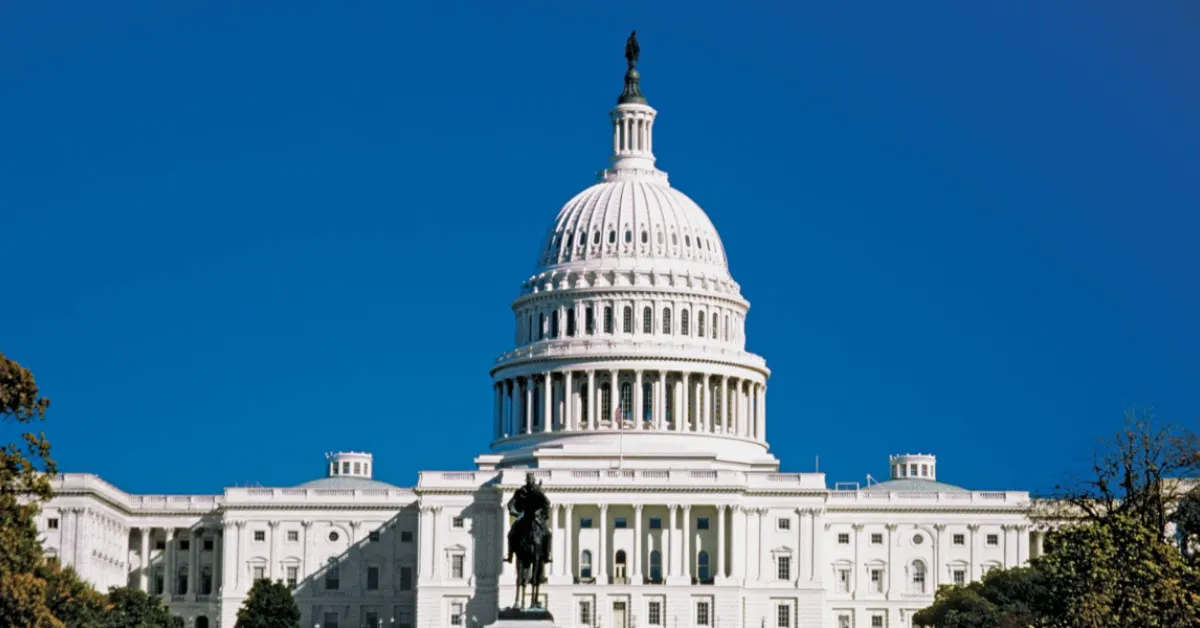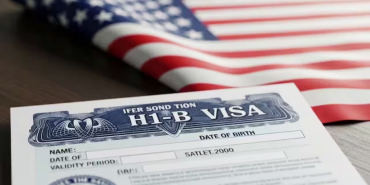Congress Tightens Detention Rules for Immigrants Accused of Theft in the US

On Tuesday, the US House of Representatives passed a bipartisan bill aimed at enhancing immigration enforcement in response to rising concerns about crime.
The legislation, known as H.R.29, was introduced by Republican Representative Mike Collins of Georgia and carries significant implications for the detention of immigrants charged with theft-related offences, including burglary, larceny, and shoplifting. The measure received substantial bipartisan support, passing with a vote of 264 to 159.
Named in memory of Laken Riley, a 22-year-old nursing student murdered in Athens, Georgia, in February 2024, the bill has gained traction following allegations that her alleged murderer, Jose Ibarra, a Venezuelan national who entered the US illegally, had a previous shoplifting charge. Collins argues that had local law enforcement alerted Immigration and Customs Enforcement (ICE) about Ibarra’s earlier offence, he could have been detained and possibly prevented from committing murder.
Proponents, primarily from the Republican party but supported by a few Democrats, contend that the bill’s provisions could avert similar tragedies.
Criticism of the bill has emerged from various advocacy groups, including the National Immigration Law Center, which expresses concerns about due process rights. Opponents argue that the mandatory detention requirement undermines existing immigration laws that already empower federal authorities to detain individuals facing deportation.
They contend that this legislation could lead to situations where individuals, such as a mother accused of shoplifting diapers, are detained without a chance for a bond hearing during protracted deportation proceedings.
Another significant aspect of H.R.29 is its provision allowing state attorneys general to initiate lawsuits against federal immigration authorities if they believe that detention guidelines are not being implemented properly.
This shift could expand state influence over federal immigration policy. States would have the capacity to bring legal action if they can demonstrate harm exceeding $100, and courts would be mandated to expedite such cases. The bill is situated within a broader national dialogue regarding immigration and crime, particularly as recent research challenges the narrative linking undocumented immigrants to increased criminal activity.
A study by the National Institute of Justice released in September indicates that undocumented individuals are arrested at lower rates than their US-born counterparts, countering assertions made by advocates of stricter immigration policies. As the political landscape evolves and sentiments shift among lawmakers, the Biden administration may soon confront renewed emphasis on enforcement measures reminiscent of the previous administration's policies.
Potential changes to immigration controls, including the modification or dismantling of current humanitarian programs and increased deportations, are anticipated in the near future.














Add new comment